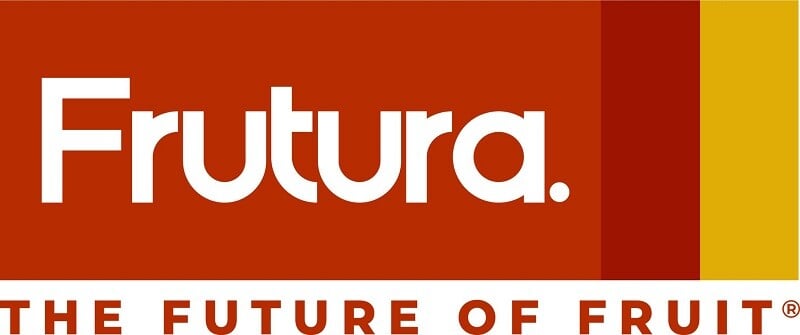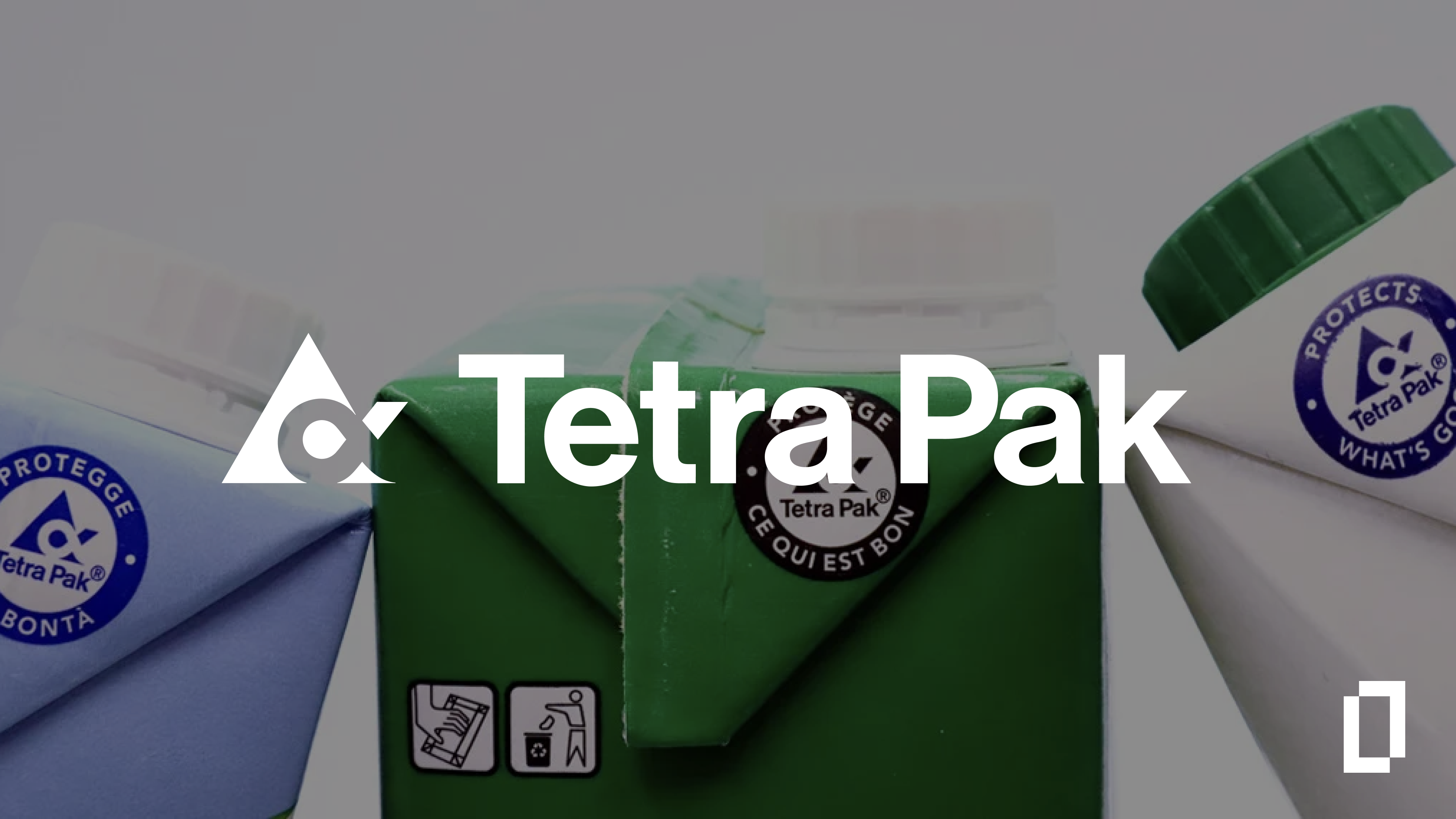Seamless Data
AI-Assisted Data Ingestion
Streamlined data collection, validation, and transformation shortens measurement cycles by as much as 80% vs traditional benchmarks
Fill in Data Gaps
Leverage data science to plug data gaps and reach 92% accuracy compared to supplier data, all while maintaining 100% transparency and traceability
/homepage/webp/homepage-splash-mobile-compress.webp)
/homepage/webp/homepage-splash-compress.webp)
.png)


_logo.svg-1.png)













/homepage/webp/homepage-1-2x.webp?width=536&height=440&name=homepage-1-2x.webp)
/homepage/webp/homepage-2-2x.webp?width=536&height=439&name=homepage-2-2x.webp)
/homepage/webp/homepage-3-2x.webp?width=536&height=440&name=homepage-3-2x.webp)
/homepage/tetrapak-logo.png)
/homepage/banyan-group-logo.png)
/homepage/verdantix-logo.png)
/homepage/aws-logo.png)


